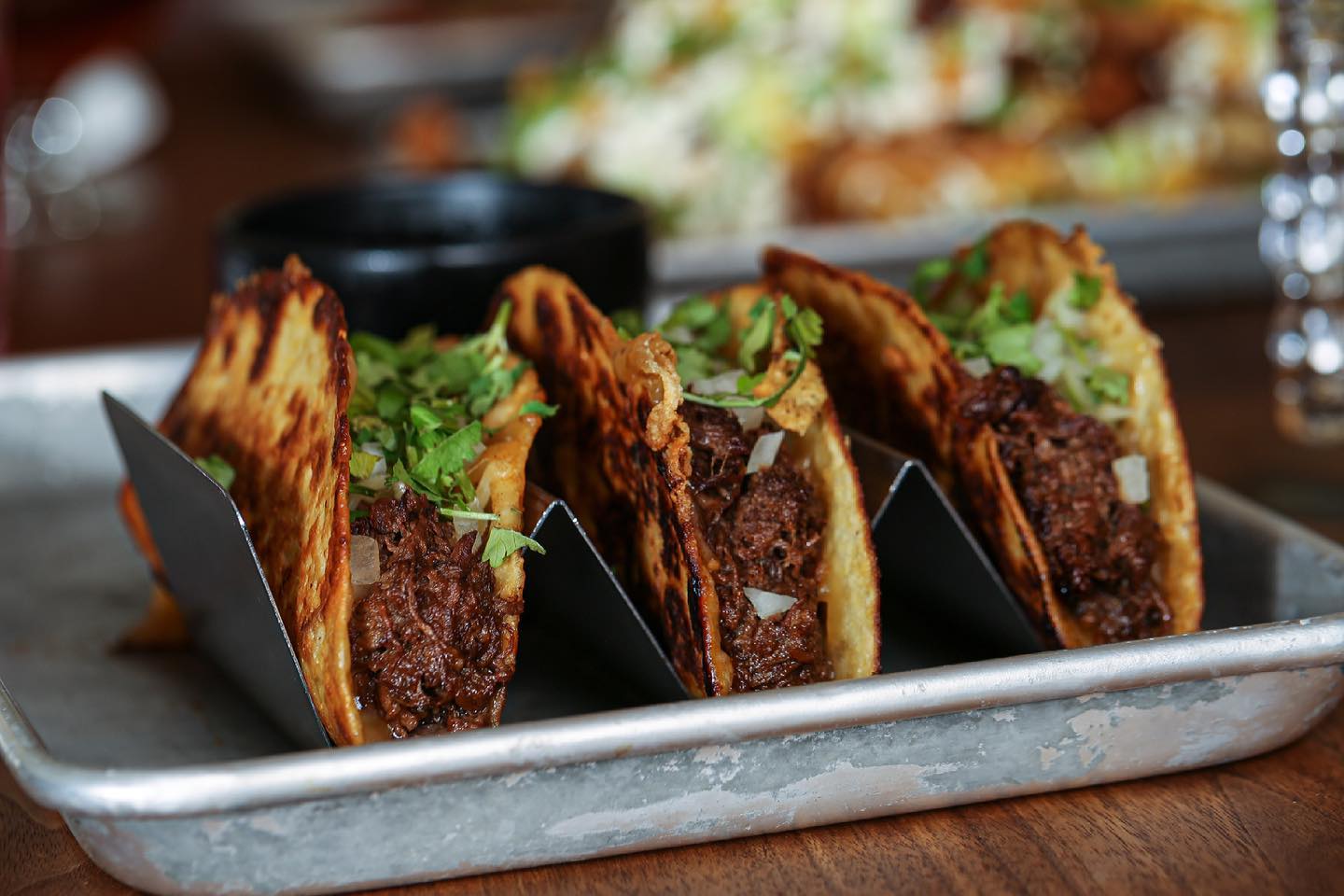By Luke Canavan
***
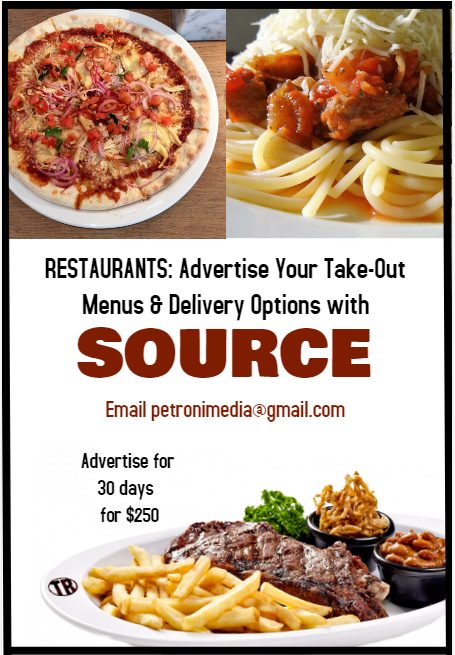
FRAMINGHAM – The one year anniversary for the beginning of the COVID-19 pandemic was surpassed earlier this March. Out of everyone who has been affected, small businesses and family-run restaurants are some of the people who have been hit the hardest, but where are they now, after more than a year of staff restrictions, no inside dining mandates, and dwindling numbers of people ordering take out?
Restaurants have faced all kinds of challenges throughout the pandemic, including lay-offs, decreased profit margins, limited operational hours, and the inability to host in-door dining, among many others.
Ouahid Ouassaidi, founder and owner of Moroccan and Middle-Eastern restaurant KousKous in Framingham, opened the doors of his new restaurant two weeks before the pandemic hit.
“As soon as we finished the entire kitchen and we’re ready to upscale, two weeks before launch, I start receiving phone calls, and that was the beginning of the COVID-19 pandemic,” said Ouassaidi. “The first calls were to put [events] on hold… Cancellations start coming, and within the third week, I reached 100% cancellation.”
Luke Foley, owner of Bourbon’s Kitchen & Cocktails in Framingham, had a similar experience when the pandemic first started.
“The pandemic definitely rocked our whole world when it first happened,” said Foley. “Immediately we called a staff meeting for the next day and had to lay off all but three staff members that first day, so it was devastating. A team that we’ve worked so hard to put together, really a team that’s become a family, all being told they don’t have a job anymore, not because of anything that they did, nothing that reflected their work ethic or their contribution as a whole, but more so because of this government regulation.”
[broadstreet zone=”59945″]
Sam Hendler, one of three owners of Jack’s Abby in Framingham, seemed to have more of the same trouble with lay-offs.
“We had to lay off a vast majority of our hospitality employees,” said Hendler. “Then we rehired a bunch of people going into summertime… and then we laid them off again in the fall, and now we’re about to start gearing up and hiring a bunch of people over the coming month or so to get back up and running. It’s been a roller coaster.”
Despite business coming to a halt, restaurants still had to find ways to pay rent and their remaining staff members. Luckily, some restaurants have managed to secure state and federal funding.
“[Paycheck Protection Program] has been very helpful for keeping the brewery stable through all of this,” said Hendler. “It’s hard to imagine where the brewery would be today without that aid. [I am] very grateful for those programs that allowed the brewery to make it to the other side as intact as possible, given everything going on.”
While some restaurants managed to secure funding, other restaurants were not so lucky.
[broadstreet zone=”59948″]
“Basically what they ask you for each form is to show loss of income from 2019 so they can give you some money for this pandemic in 2020. There was no case about new businesses that opened in the pandemic or two weeks before the pandemic,” said Ouassaidi. “Here is a new business that I just put $150,000 in investments. I have zero dollars, and I could not get support because I could not prove loss of income.”
Newer companies have had a much harder time securing funding because they do not have any records from previous years to show, but this does not mean that these businesses are not struggling. It is in fact very likely that these new businesses are struggling even more because they have just barely gotten off the ground, if at all.
To help with some of the issues with state and federal funding, programs have also been developed locally by cities and towns to directly benefit the small businesses and restaurants in their communities.
In Ashland, a program was instituted over the summer that managed to not only provide business for local restaurants, but also tackle food insecurity at the same time.
[broadstreet zone=”59947″]
“The Resident, Restaurant, Relief (3R) Program was designed to purchase ready to eat meals for residents in town that were housebound, some that relied on food programs that were no longer in service, or those who had lost jobs and were finding it difficult to feed their families. The Ashland Emergency Fund, Select Board and Friends of the Council on Aging used funds to support the program for 15 weeks,” said Ashland Economic Development Director Beth Reynolds.
Kiat Cormier of Framingham even created a Facebook group titled “ChewOnThis” to help local restaurants and businesses by spreading the word.
“When COVID-19 [started] we only [had] 900 local MetroWest members, but as time went by we have now grown to over 14,000,” wrote Cormier. “We really try and make local restaurants known, especially [in] downtown Framingham, and have worked closely with Downtown Framingham, Inc.”
The group just surpassed 16,000 followers.
“ChewOnThis gives local restaurants a little more attention and makes the local community more aware they are open. What specials they run, if they have indoor, outdoor, or igloo styling dining, and what take out specials they have to offer for the week,” wrote Cormier to SOURCE.
Although some restaurants were able to receive payments from the government and assistance from their local communities, it has still not been enough to cover all the costs that were brought on by the pandemic. Restaurants had to get creative in order to still stay in business.
Jack’s Abby has managed to gain a lot of success from their Beer Garden during the warmer months of the year.
[broadstreet zone=”59946″]
“It was great for getting a bunch of people back last summer… It’s been a really challenging time financially for the brewery, but the garden was a huge boost last summer and we’re hoping for a similar successful summer in 2021,” said Hendler.
This week, Jack’s Abby’s Beer Garden re-opens.
Bourbon’s Kitchen & Cocktails was having a hard time securing permission to provide outdoor dining for their customers last summer, but they managed to open up their own food truck called Baby Bourbon’s which has brought in a lot of business.
“We said, ‘Well if people can’t come to Bourbon’s, we’ll bring Bourbon’s to them. If coming inside is a problem, we’ll make it so that you can buy our food outside.’ So the idea of Baby Bourbon’s was born,” said Foley.
“We’ve been kind of pivoting and seeing what we can do to still be safe and serve our food,” said General Manager Cody Webber. “We’ve kind of modeled it as a taco truck, in our own parking lot. That way we can still produce the food safely, still use our trained staff that knows our procedures… That way all of Luke, myself, and all the management team can be involved to make sure there’s some sense of hospitality there that represents Bourbon’s.”
Bourbon’s Kitchen & Cocktails has since been able to open for outdoor dining on their patio as well.
[broadstreet zone=”70107″]
Lauren Neville, social media director of Belkin Family Lookout Farm in Natick, even went so far as to move their entire kitchen outside in order to continue serving their customers.
“We knew we would not be able to open the tap room, there just wouldn’t be enough space,” said Neville. “We decided let’s just move it. We have land, let’s just move it. We literally moved all the kitchen operations to an outdoor area. We hired a new chef, and we took over an acre of land for seating, which we then later in the summer added onto, so we have two acres of seating.”
With the seasons changing and the warmer months ahead, things look like they might be letting up a little for restaurants. However, it’s still vastly important to support local small businesses and restaurants in the area by dining outdoors or even ordering food for pick up. It’s even more important to order directly from the restaurants themselves, and avoid using third party food delivery services.
“These multi-million [dollar] companies like Uber Eats and DoorDash and Grubhub… you can’t do business without them. It’s a total [monopoly] of the system. How can a small business compete with a multi-million or -billion dollar company, taking 30% to 35% from a small restaurant for the fees?” said Ouassaidi. “Cities like Cambridge put stress on these third parties and told them they have to cap it at, I think, 15%, or they don’t [do] business in Cambridge. People need to talk on behalf of businesses. This is the heart and the soul of small communities.”
[broadstreet zone=”59982″]
Although it has been a perilous and trying time for everyone over the past year, one thing is certain: the pandemic has forced communities to come together and support each other in order to make it through these dark and uncertain times. There’s no better way to explain this than with a miraculous story from Bourbon’s Kitchen & Cocktails.
“Almost immediately after our first day of being closed, and open just for take out, there was a letter on our door the morning we came in,” said Webber.
“[The letter] said, ‘Your community loves you, it supports you, you will get through this.’ We still don’t know who that letter was from,” said Foley.
The community has been there for its restaurants and small businesses, and in return, these restaurants want to make sure they are there for their communities as well.
“It’s not just about Jack’s Abby getting back to being stable and healthy, but also all the people that rely on Jack’s Abby getting back to being more stable and healthy. I think that’s a big part of the story, too,” said Hendler.
[broadstreet zone=”53130″]
***
Luke Canavan is a 2021 SOURCE intern. He will graduate from UMass Amherst this month.
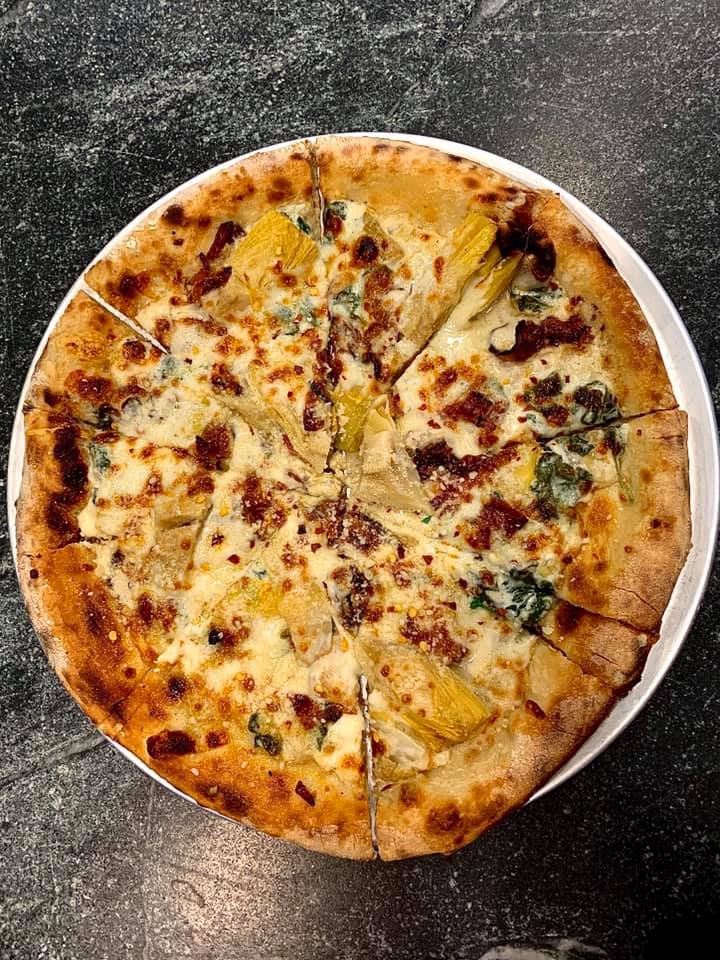
Jack’s Abby 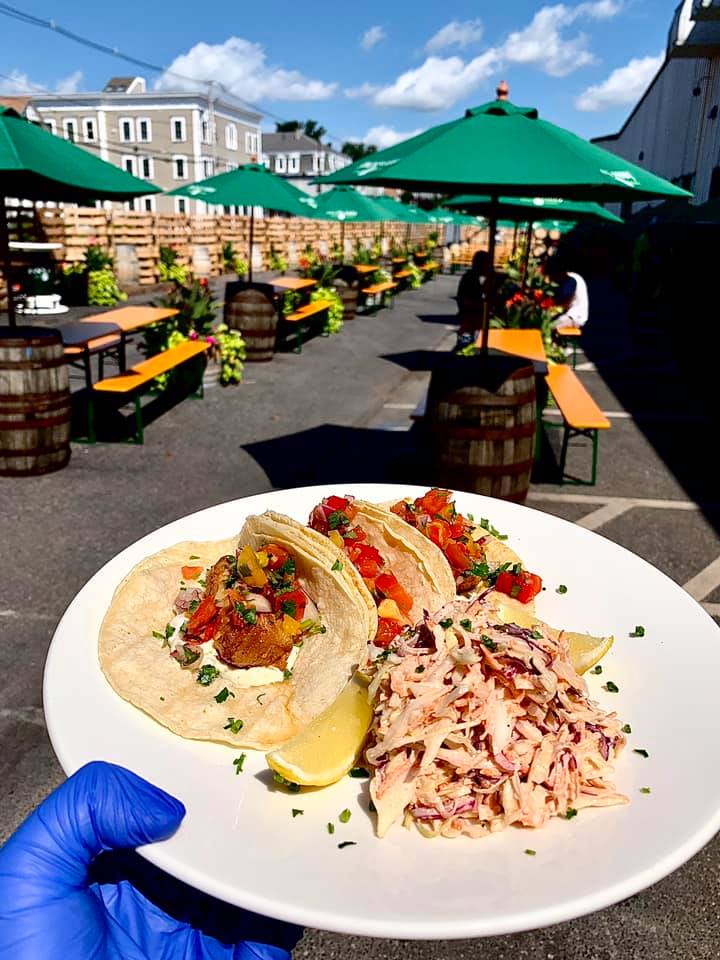
Jack’s Abby Beer Garden
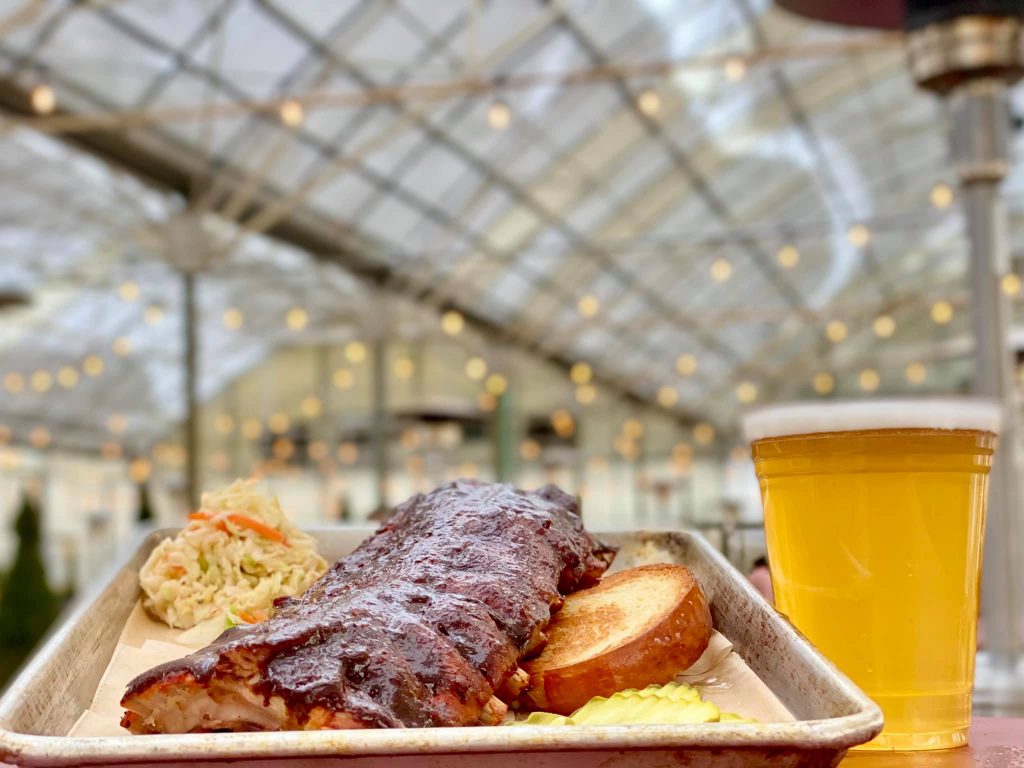
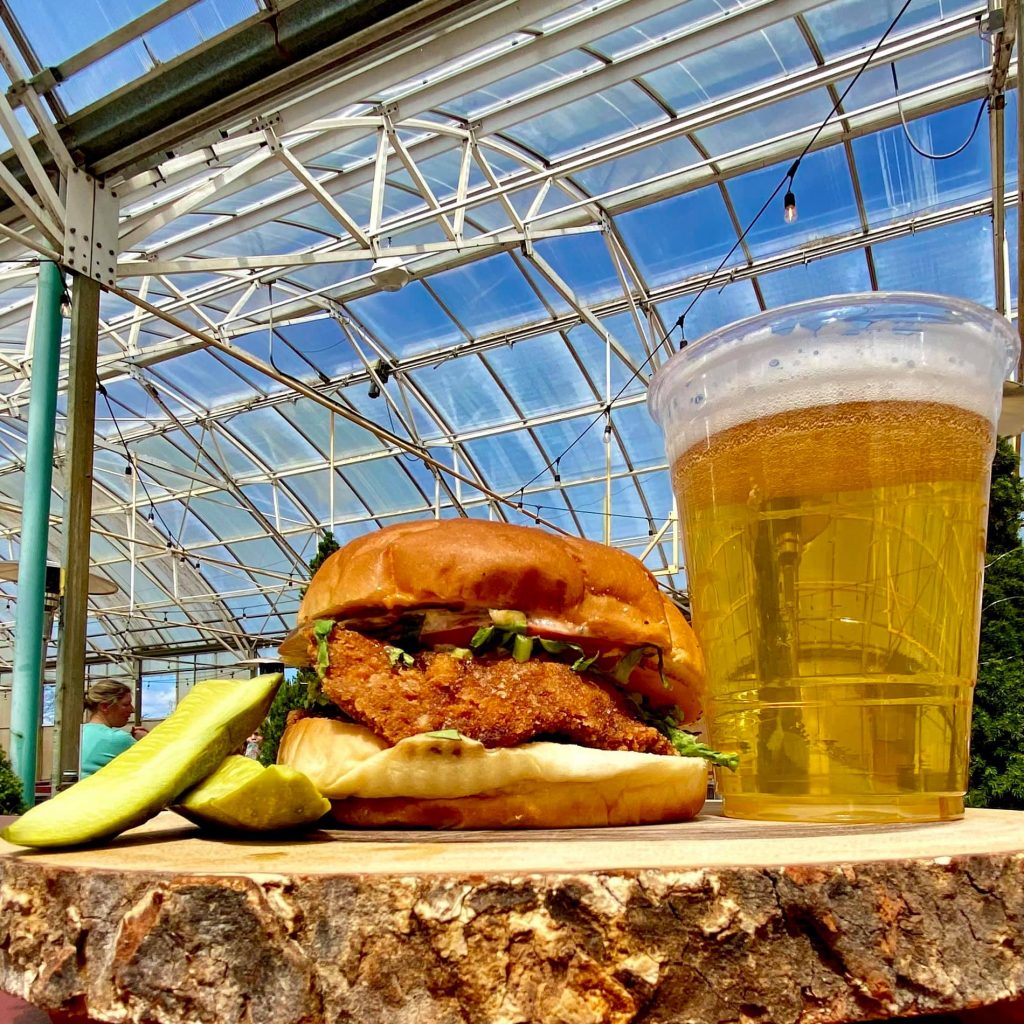
Lookout Farm 
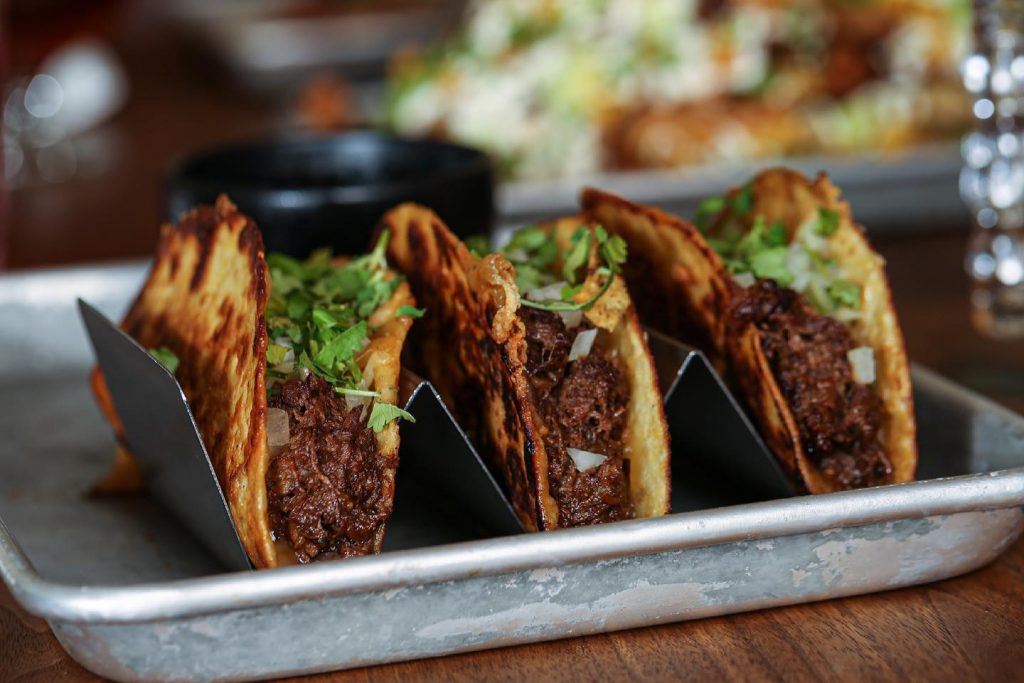

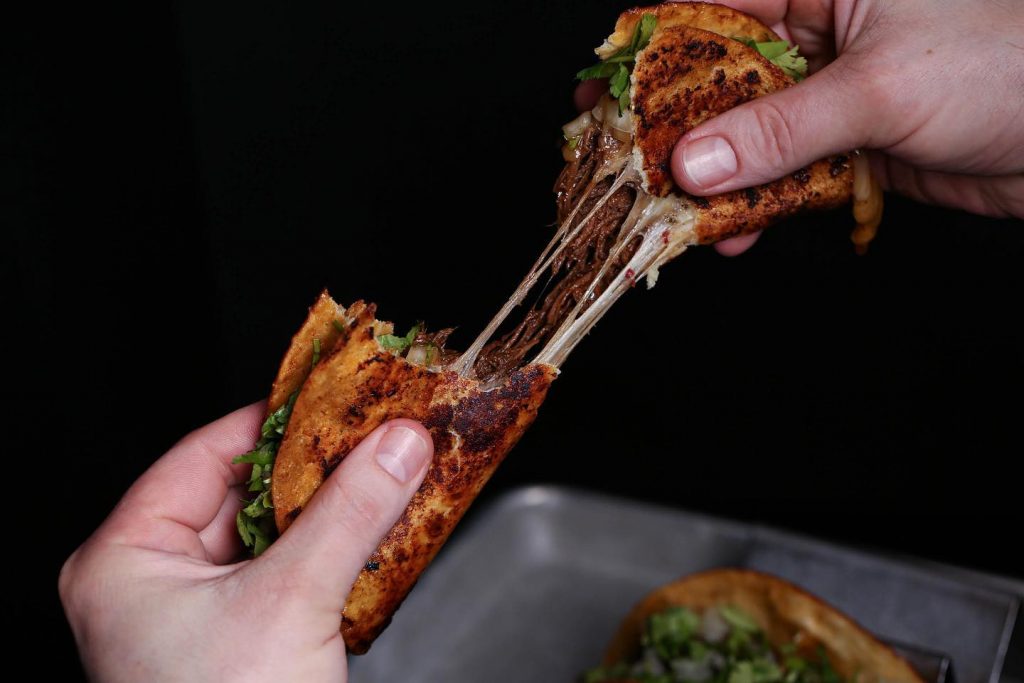
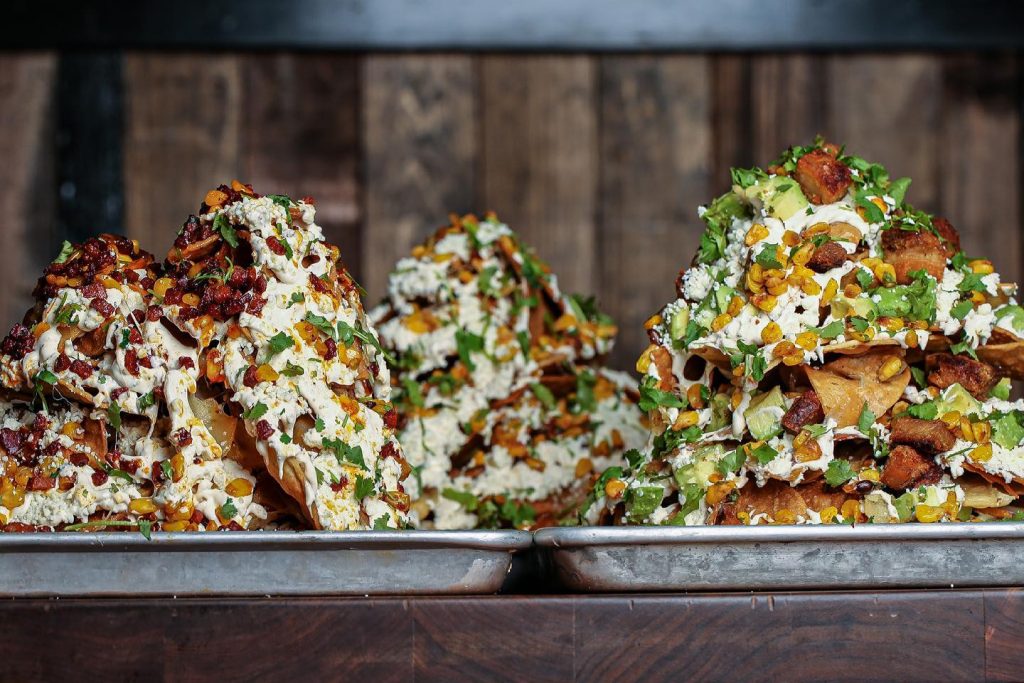
Bourbon’s

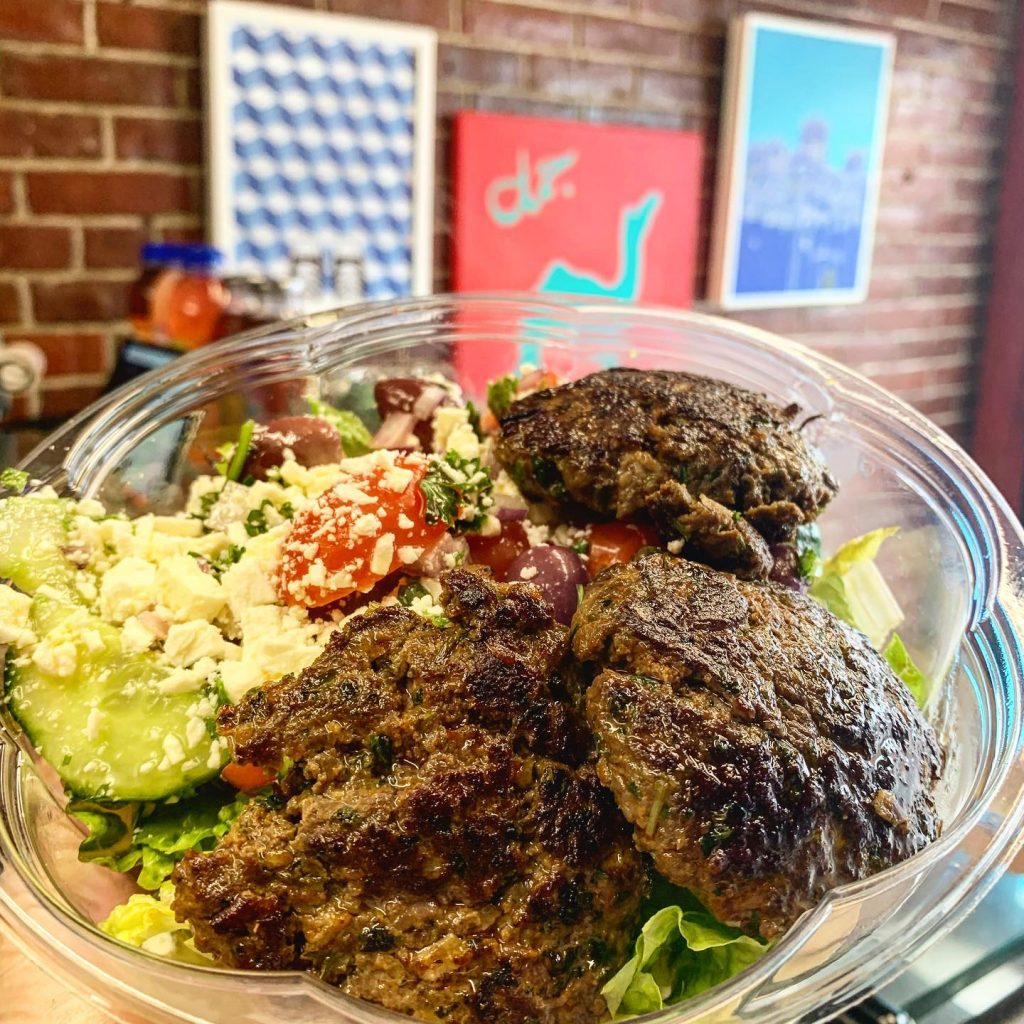
Kous Kous in Framingham 

